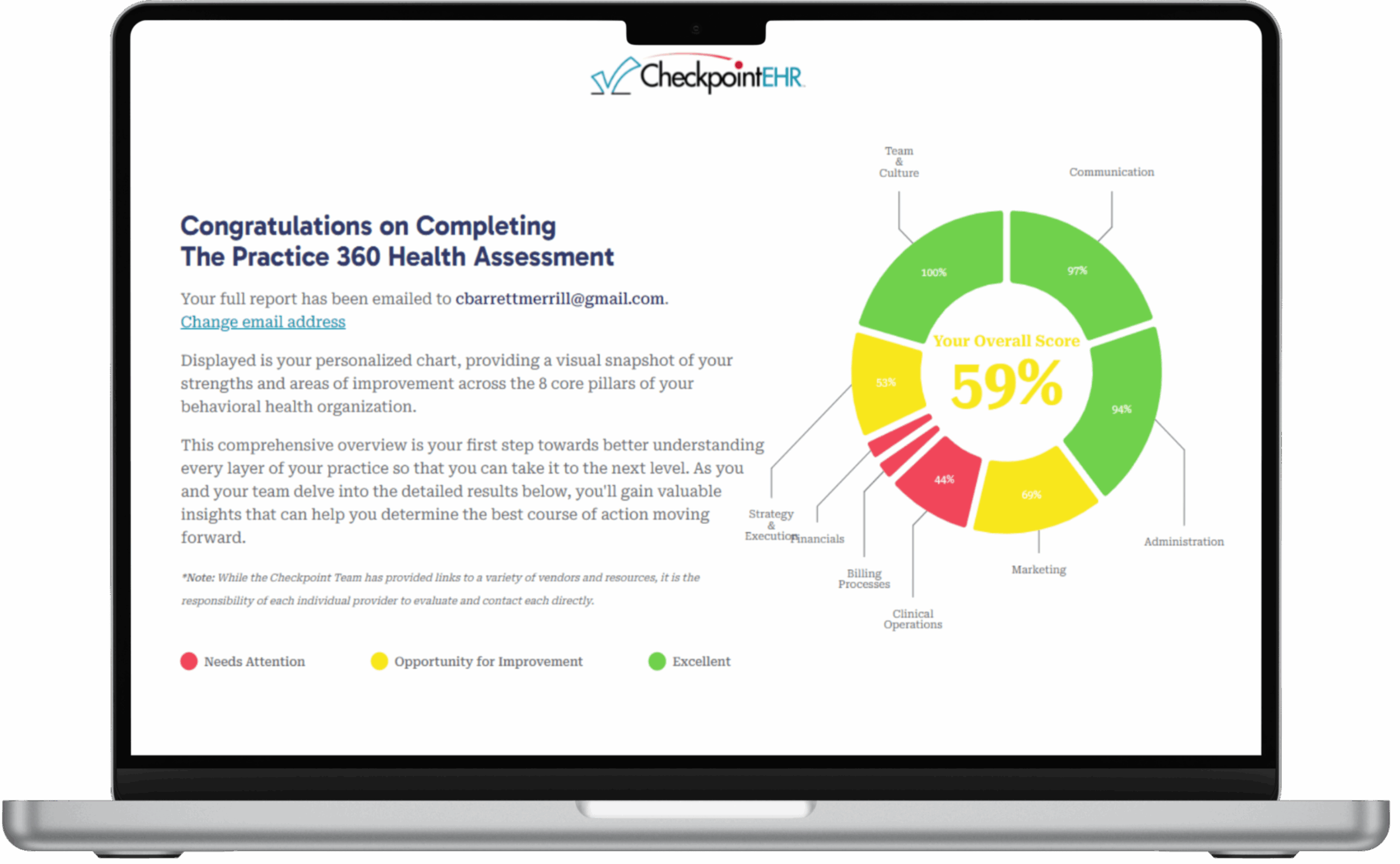The Importance of a Privacy Policy in Behavioral Health

For any healthcare practice, a privacy policy is a must-have for the security of your patients’ information. Not only is a privacy policy required by HIPAA, but it gives your patients a sense of trust and confidence in your commitment to their privacy.
In behavioral health, this trust between patient and practitioner is critical—patients don’t want such private and sensitive information to be shared with just anybody. Ensure that your privacy policy includes these key aspects in order to foster your patients’ trust in you.1
Who Has Access to Patient Information?
Every privacy policy should clearly outline who you may share patient information with. From data-collecting organizations and law enforcement agencies to other practitioners, your patients have the right to know who might have access to their information. If possible, they should also be given the right to opt out of some of these.
The friends and family members of the patient should also be included in the policy. Who can your practice release medical records to? Who can you discuss medications, treatment options and payment with? Allowing the patient to clarify this from their first interaction with your office can prevent problems down the road.
When Can the Practitioner Use Their Judgement About Sharing Information?
In certain circumstances, it may be in the best interest of the patient if the psychiatrist or physician can discuss the patient’s condition with family members, even if they haven’t been expressly allowed to do so. HIPAA allows this when the patient is unable to consent or disagree, if, for instance, they are suffering a temporary psychosis or are heavily impaired by drugs or alcohol.
State laws vary on whether a practitioner must inform authorities if they believe that a patient poses a threat to themselves or others. While it isn’t federally required, your privacy policy can include information on your state’s laws in this regard, as well as any policies your practice may have about patient confidentiality.2
What About Minors?
Patient confidentiality can get a little tricky when it comes to minors in behavioral health, because the patient and their parent may not agree on just how much information should be shared. In general, a practitioner should only need to discuss the minor patient’s care with their parents regarding payment, medications and specific ways that the parent can help the patient at home—if the parents know about the treatment at all. Psychotherapy should remain private.
Make sure your privacy policy specifies what information can and can’t be shared between a practitioner and the patient’s parents. This lets patients and parents both know what to expect and can protect you if the parent later finds out something that they believe you should have shared, such as their teen’s sexual activity.3
A Comprehensive Privacy Policy Builds Trust
Patients need to know that their private information will stay private. A comprehensive privacy policy will meet or exceed HIPAA requirements, protect your interests and the patient’s rights and build trust that can foster a healthy relationship between practitioner and patient.


